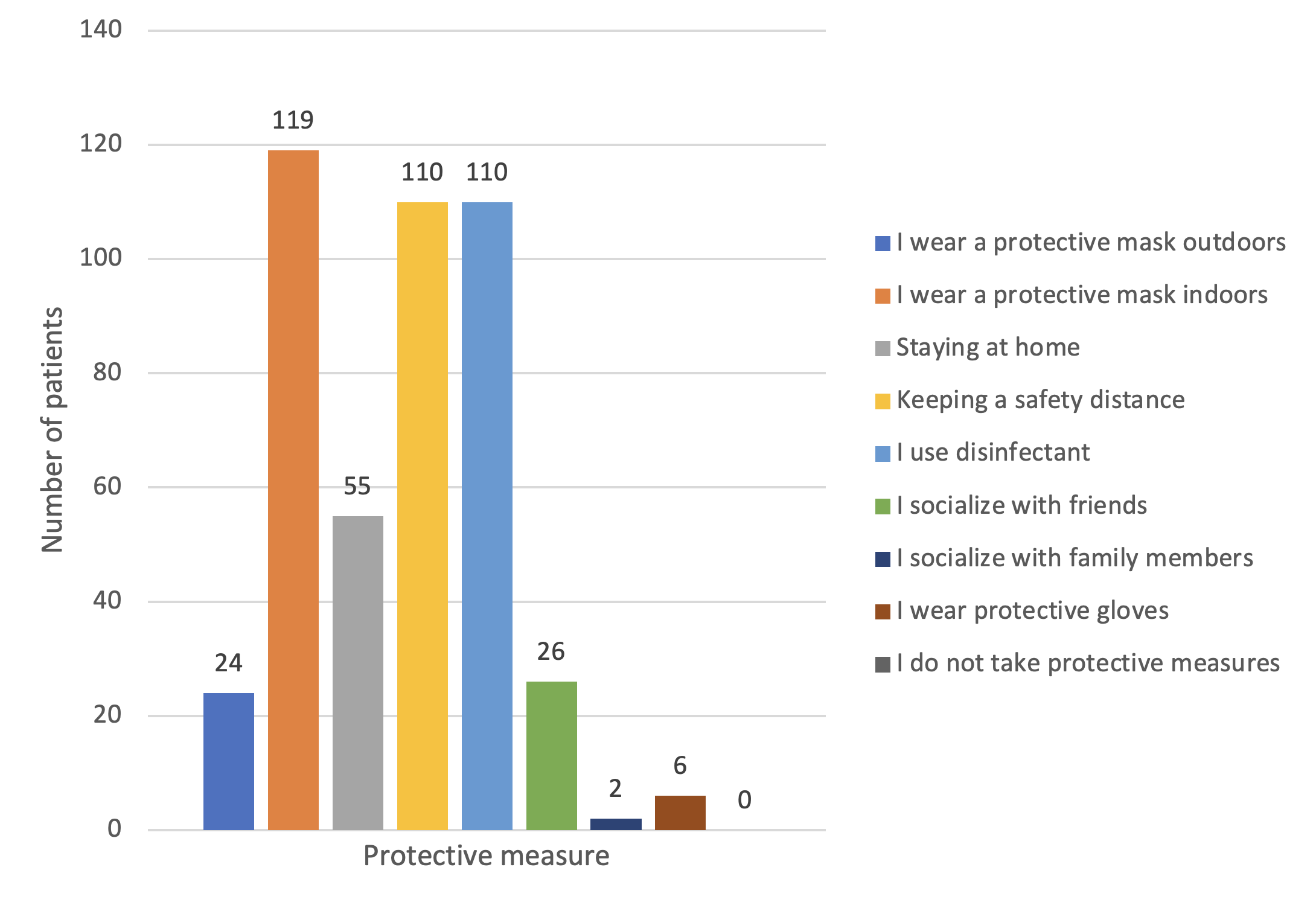Impacts of the 2019 pandemic of severe acute respiratory syndrome–coronavirus 2 on the quality of life of patients with inflammatory rheumatic diseases
Vpliv epidemije SARS-CoV-2 na kvaliteto življenja bolnikov z vnetnimi revmatskimi boleznimi
DOI:
https://doi.org/10.18690/actabiomed.248Ključne besede:
SARS-CoV-2, revmatske bolezni, kakovost življenja, epidemija, telemedicinaPovzetek
Namen: Namen raziskovalne naloge je bil oceniti vpliv pandemije SARS-CoV-2 in zaščitnih ukrepov na kakovost življenja bolnikov z določenimi revmatskimi boleznimi, ki se zdravijo na Oddelku za revmatologijo v Univerzitetnem kliničnem centru Maribor (UKC MB).
Metode: Raziskava je bila opravljena na podlagi vprašalnika pri bolnikih, ki so vsaj enkrat od 1. 2. 2020 do 30. 5. 2021 obiskali revmatološko ambulanto oziroma so vzpostavili stik po telefonu ali virtualno. Vključeni so bili vprašalniki, ki so na naslov UKC MB prispeli do 1. 1. 2022 in so bili pravilno ter v celoti izpolnjeni.
Rezultati: Vključenih je bilo 125 bolnikov. 57 (45,6 %) bolnikom ni odpadel noben termin pri revmatologu, 52 (41,6 %) je odpadel eden, 15 (12,0 %) dva in enemu (0,8 %) bolniku trije. Najbolj priljubljena so bila srečanja z revmatologom v živo (pri 89 %), najmanj pa po videu klicu (1 %). Zgolj 2 % bolnikov sta v času epidemije težko pridobivala zdravila, nihče pa zaradi teh težav ni navajal posledic na stanje bolezni. 58 % bolnikov se je z ukrepi omejitev zaradi epidemije strinjalo, 5 % pa je menilo, da bi z izvajanjem ukrepov morali prenehati. 70 % bolnikov se je cepilo proti SARS-CoV-2, okužbo s SARS-CoV-2 pa je navedlo 21 %. Povprečna vrednost DAS-28 je znašala 3,100 ± 1,292 (revmatoidni artritis = 3,252 ± 1,209; psoriatični artritis = 2,927 ± 1,376; p = 0,274; t = 1,101).
Zaključek: Ocenjujemo, da je epidemija s pridruženimi ukrepi deloma poslabšala kakovost življenja bolnikov.
Prenosi

Prenosi
Objavljeno
Številka
Rubrika
Licenca
Avtorske pravice (c) 2023 Domen Lah, Iztok Holc (Author)

To delo je licencirano pod Creative Commons Priznanje avtorstva 4.0 mednarodno licenco.